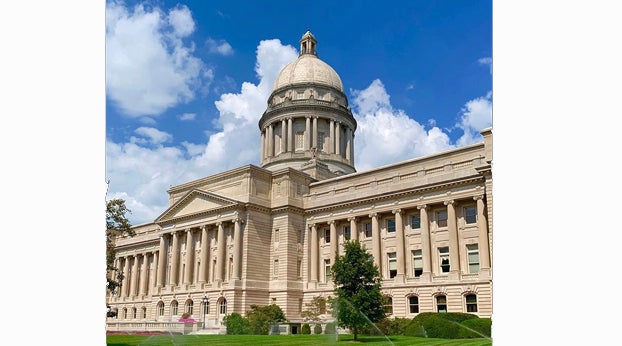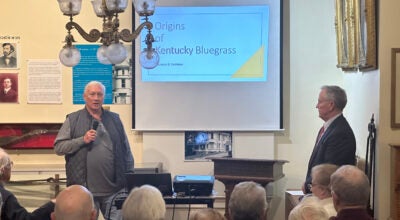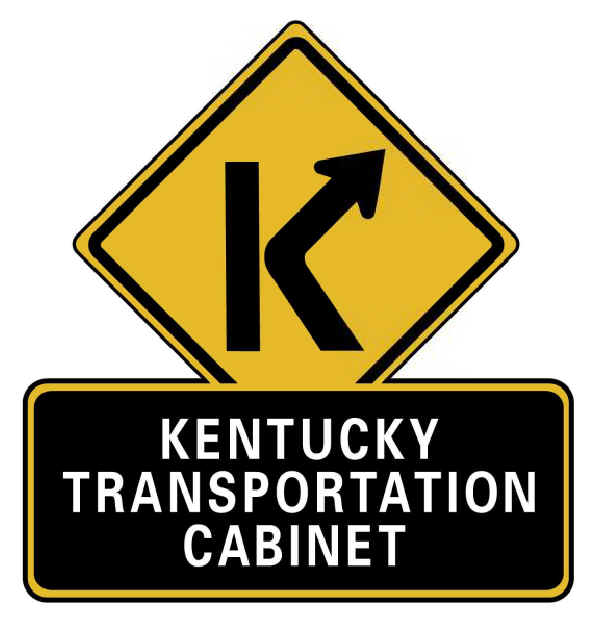House passes bill reducing state income tax to 4%
Published 9:00 am Saturday, January 7, 2023
|
Getting your Trinity Audio player ready...
|
Legislation that would reduce the state’s income tax by one-half percent has become the first measure to clear the Kentucky House during the 2023 regular session of the General Assembly.
The measure, designated House Bill 1 to show its priority by the Republican supermajority, follows legislation approved last year that cut the rate from 5% to 4.5%. HB 1 drops the rate to 4%, due to the formula based on the state’s budget reserve trust fund, also known as the “Rainy Day” fund.
The bill’s sponsor, Rep. Brandon Reed, R-Hodgenville, told his colleagues on the House floor that the road to this bill started in 2018. “Kentucky had an income tax rate of 6%, which was then lowered to 5%, and the budget reserve trust fund was $93.8 million. Today, we have an income tax rate of 4.5%, and a budget reserve trust fund is roughly $2.7 billion, the 10th-largest in the nation.”
But Democrats said the current surplus is based on federal pandemic stimulus money, and with that ending, so will the surplus. They also stated that the poor will not benefit from the income tax cut, because removing exemptions from more than 30 items to where state sales tax will be collected will offset any benefits.
Despite the objections, the measure passed on a party line vote of 79-19.
In other action, the House passed House Bill 2 on a 98-0 margin, which provides an additional $16 million to the veterans nursing home being built in Bowling Green; and adopted House Bill 11 on an identical 98-0 vote, which takes $17 million money back from the Transportation Cabinet as matching funds for electric vehicle charging stations in the state, since the federal government said the money would not be needed.






